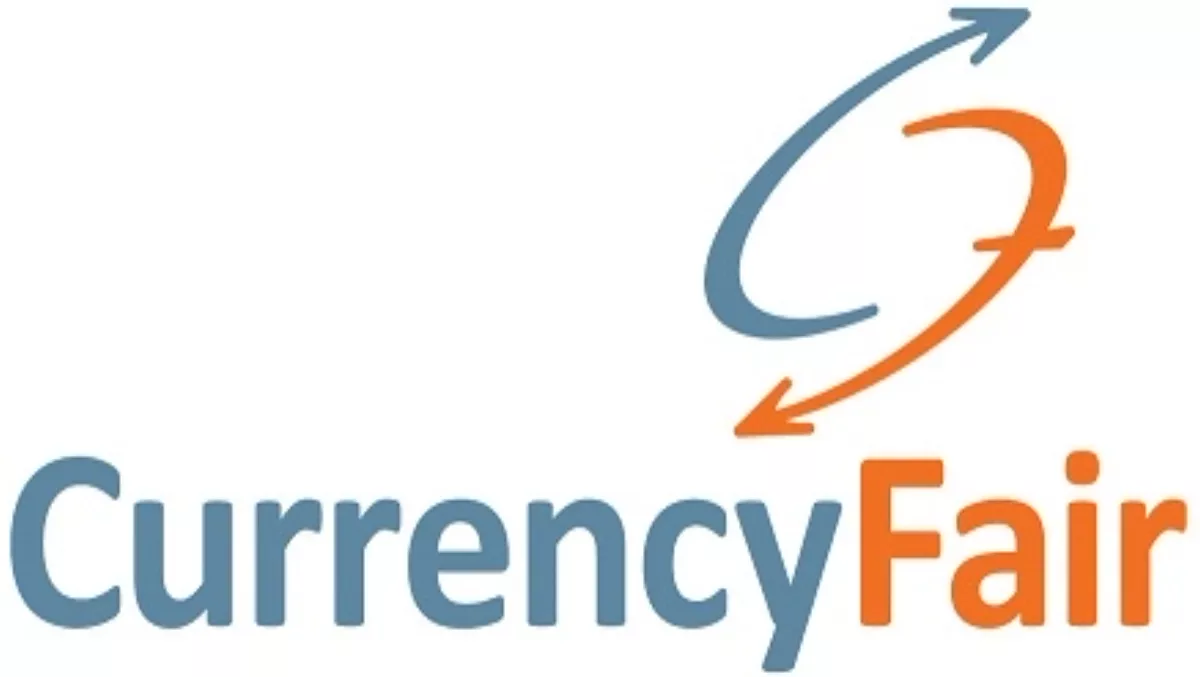
Bankless currency exchange site makes NZ debut
CurrencyFair has positioned itself as the world's first online person-to-person foreign exchange marketplace and a way for consumers to cut out banks and their fees in currency exchanges. The site has been established abroad - it is based in Ireland - since 2009. It expanded its operations to include New Zealand this week.
According a statement from the company:
"CurrencyFair is a unique, fully regulated, internet-based marketplace, where users from around the world can exchange currencies with each other, at rates only otherwise available to multinationals and international money market professionals. It hands back power to the people who want to change Kiwi Dollars for Pound Sterling, or Aussie Dollars, or any one of the fifteen leading currencies currently available with more planned."
"We've all seen how the peer-to-peer model has revolutionised betting. Now, after several years of work, we've applied that same concept to currencies," said Brett Meyers, CurrencyFair's managing director. "But, of course, here there is no gambling and the only organisations that risk losing are the banks and internet forex providers. CurrencyFair is a challenge to their lucrative profiteering."
The site is aimed at people who have presences in two (or more countries), like expats or owners of foreign homes, exchange students and small businesses. If you don't have a bank account in the currency you're buying as well as selling, the site is probably not for you.
The Guardian gave the following example to illustrate how the site worked:
"Stephen and Dominique have (separately) registered with CurrencyFair and have credited their accounts, ready to exchange. Stephen lives in the UK, has a holiday home in France and has received a French electricity bill for €525. The bank offers what he sees as an uncompetitive exchange rate, plus will charge him around €25 to transfer the euros. He checks the rate on CurrencyFair, and it's significantly better, and the transfer fee is only €3. But he wants an even better deal, so he puts up a "requested" rate on CurrencyFair. "Meanwhile Dominique, who lives in France, has a son at university in the UK. She needs to send him some sterling. She can see Stephen's rate on CurrencyFair (but not his details, as all exchanges are anonymous). It's better than her bank's rate, so she takes it. CurrencyFair instantly credits Stephen's and Dominique's CurrencyFair accounts and transfers the money."CurrencyFair charged a flat NZD$5 fee per transaction in addiction to an inbuilt commission of between 0.3 to 0.55 percent. A typical credit card exchange rate adds two percent plus fees while an exchange at a bank would typically cost more again.
A quick look on the websites of several Kiwi banks showed NZ$500 would purchase around US$398 plus additional fees, whereas with CurrencyFair the result would be around $401, including fees.
Keep in mind that to register the identification verification process is rather lengthy. On TechDay's test run of enrolment, CurrencyFair requested the following information, apparently to avoid "money laundering and terrorist financing", to complete the process:
- "A copy of your passport, photo driver's licence or a government issued photo identity card.
- "Two proofs of address, for example: Bank statement (you can blank out the entries if you like), utility bill less than three months old. It must contain your current residential address details (PO boxes cannot be accepted)."
CurrencyFair profile on CrunchBase.

